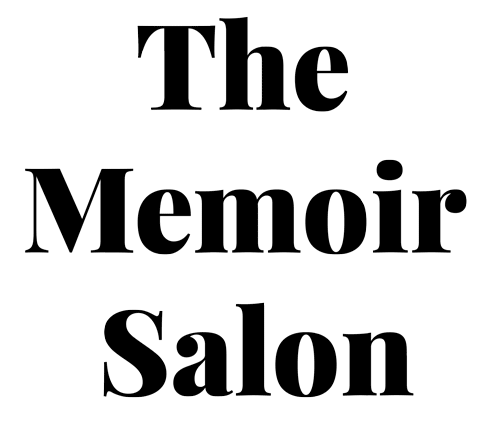Speaking about hybrid writing and the fluidity of genre, Leah Kaminsky surprised the audience at our inaugural Memoir Salon when she revealed that she hasn’t been comfortable calling herself a memoirist, feeling like an impostor when commissioned to write personal narrative.
Leah’s impressive portfolio of work comes in many forms – poetry, short stories, articles and books – and is inspired by a mix of professional and personal experiences. As a family doctor she needs to be a generalist who can work across a wide range of categories. As she pointed out, she’s not a paediatrician or a psychiatrist, adding that she didn’t claim to be a memoirist either. However, over the years she has come to understand memoir as a form where the personal can be woven into any form of writing.
There were plenty of nods in the room confirming her idea that the ah-hah moment comes when you take on writing about the things you have most resisted. When you trust the process of writing, when you just get the first draft down knowing that the tears are where you’ve got to go, the power of memoir really comes when you go to the place you are most terrified of.
Using writing to confront her fear of death, Leah applied a storytelling technique that is relevant in any writing: take one perspective, find the complete opposite, and weave a narrative that traverses the ground in between. From paying tribute to patients’ stories to interviewing the “Sword Swallowing Acrobat”, Aerial Manx, writing ‘We’re All Going to Die’ ultimately became Leah’s way of finally reframing a painful and personal experience of death.
In our workshop session we heard extracts from two other stories that highlight the power of writing to raise awareness about what affects the broader community through personal experience. In one story, being engaged to run a workshop on the art of negotiation for a military group showed how taking on something that you don’t feel qualified to do can be a powerful and positive experience; we then heard from a woman whose experience of sexual harassment resulted in her dismissal, losing a court case and a follow-on appeal. She hopes that writing about it will help her make sense of her choices about values and integrity while providing a public narrative to shame a profound wrong.
Our first monthly salon started important conversations that will keep on going. Led by well-known writers and enhanced by people with diverse stories, new revelations may by in store for the next Salon. Do join us to share ideas and tales.
You don’t have to be a memoirist to have a story.
Found out more about Jen Squire and WriterSpace retreat here


So looking forward to December – just sorry I won’t be at the next Memoir Salon – but looking forward to reading about it!
Looking forward to another post-salon talk in December. Have a rollicking time in Freo!